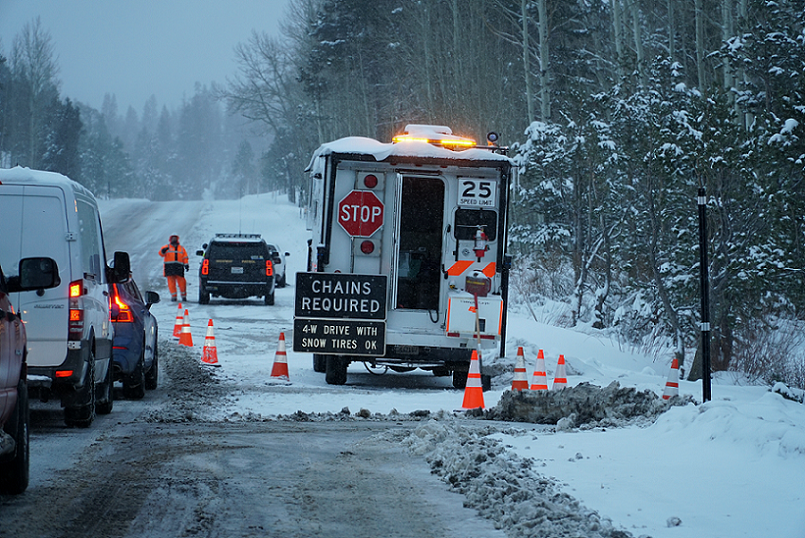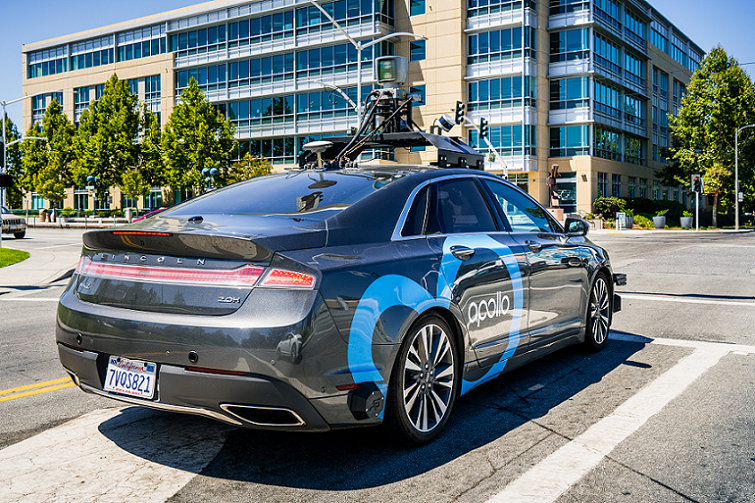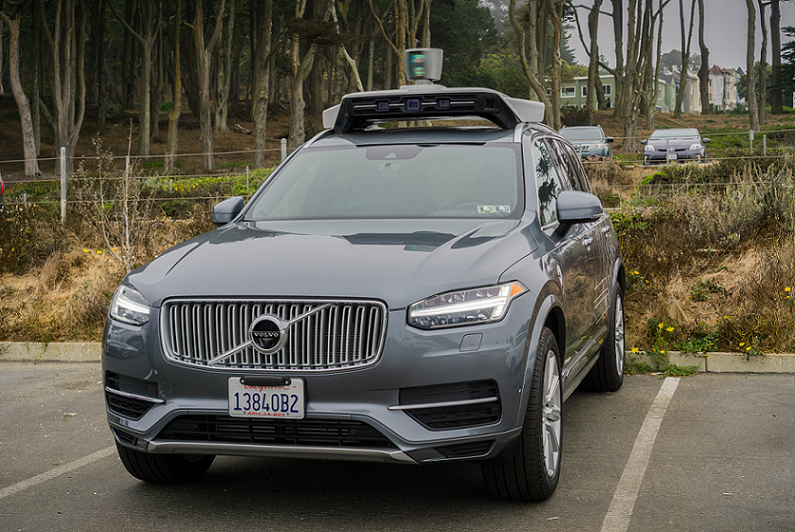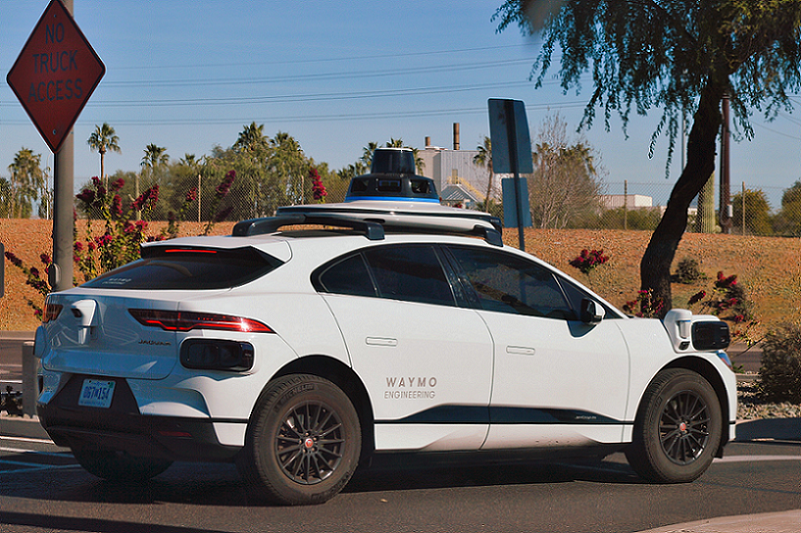The prospect of self-driving cars has captivated our imagination for years, promising a future of convenience, safety, and enhanced mobility. However, amidst the excitement and technological advancements, critical challenges may hinder the realization of this autonomous dream.
Contents
Limited Adaptability to Unpredictable Situations

Self-driving cars rely on pre-programmed algorithms and sensors to navigate the roads. However, they often struggle to handle unexpected or unique situations that require human intuition and adaptability.
Ethical Dilemmas

Self-driving cars face complex ethical dilemmas in scenarios where they have to make split-second decisions, such as choosing between minimizing harm to passengers or pedestrians. Developing universally acceptable guidelines for these situations is a major challenge.
Weather Conditions

Self-driving cars have difficulty operating in adverse weather conditions, such as heavy rain, snow, or fog. These conditions can impair the sensors and affect the vehicle’s ability to perceive its surroundings accurately.
Mapping and Infrastructure Challenges

Autonomous vehicles heavily rely on accurate and up-to-date mapping data. However, mapping infrastructure is not uniform globally, and errors or outdated information can lead to dangerous situations if the car relies solely on this data.
Vulnerability to Hacking

With increasing connectivity, self-driving cars face the risk of cyberattacks. Malicious actors could potentially gain control of the vehicle’s systems, posing significant safety risks for passengers and others on the road.
Lack of Human Judgment

Human drivers possess nuanced judgment skills, such as interpreting body language and understanding complex social interactions. Self-driving cars struggle to replicate these capabilities, potentially leading to misunderstandings or accidents.
Cost and Affordability

The technology required for self-driving cars, including advanced sensors, computing systems, and infrastructure, can be expensive. Making this technology affordable for widespread adoption remains a significant challenge.
Legal and Regulatory Hurdles

The legal framework for self-driving cars is still evolving. Questions regarding liability, insurance, and accountability in accidents must be addressed before autonomous vehicles can be fully embraced.

Building public trust in self-driving cars is crucial for their widespread adoption. Concerns over safety, privacy, and relinquishing control to a machine can hinder public acceptance, slowing down the progress of autonomous vehicles.
Job Displacement

Introducing self-driving cars could lead to significant job displacement in sectors such as transportation and logistics. The potential economic and social impacts of this shift need to be carefully considered and managed.
This article originally appeared on MyCarMakesNoise.
More from MyCarMakesNoise
20 Classic V8 Cars That Are True Icons

The deep roar of a V8 engine has long thrilled car enthusiasts, symbolizing an era of speed and power. This article explores the history of this iconic engine and celebrates the legendary cars that have made a lasting impact on automotive history. Read More.
10 Electric Vehicles Perfect for Long-Distance Adventures

The electric vehicle (EV) market is rapidly evolving, offering an increasingly diverse range of options for eco-conscious drivers. Among these, long-range EVs stand out, offering the freedom to embark on extended journeys without the frequent need for recharging. Read More.
Celebrating 9 Iconic Cars from Television Shows

From the high-speed chases of action-packed dramas to the whimsical adventures of beloved sitcoms, television has introduced us to some of the most iconic cars in pop culture history. This article is a celebration of these memorable vehicles that have captivated audiences and car enthusiasts alike. Read More.














